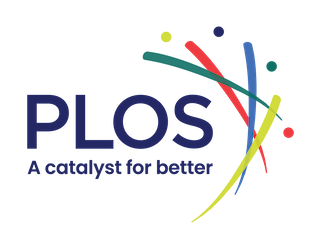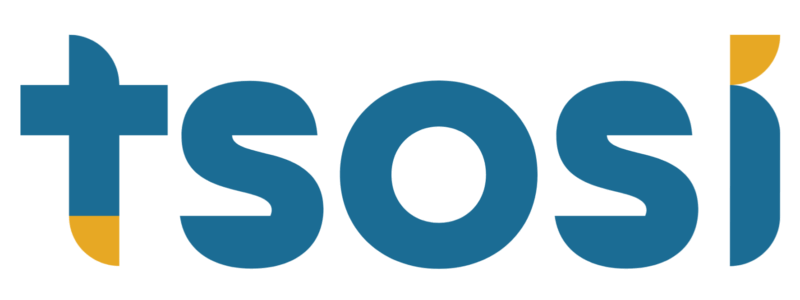For the first time on a scale of a country, France, a study demonstrates that Open Science could increase the chances for researchers to be cited
The authors chose to study France, a leading country in monitoring Open Science, and to use data from the French Open Science Monitor, that covers the entire country since 2018.
Public policies promoting open science aim to develop the circulation of knowledge across all levels of society. They seek to strengthen the international influence of academic research while promoting transparency, cumulative growth and reproducibility in research. By sharing research methods, materials and results, these policies encourage the wider dissemination of knowledge beyond the academic world to society, communities and the economic sector. These policies are implemented at the global (UNESCO), continental (European Union) and national (France) levels.
Measuring the impact of these open science policies is a major challenge in assessing the consequences of public policies and adapting future initiatives. Several studies have already established the impact in terms of citations for open science practices, although these studies often remain domain-specific.[1]Klebel, Thomas, Vincent Traag, Ioanna Grypari, Lennart Stoy, et Tony Ross-Hellauer. 2025. « The academic impact of Open Science: a scoping review ». Royal Society Open Science 12 (3): 241248. https://doi.org/10.1098/rsos.241248
For the first time, an international research team from PLOS Open Research Solutions has conducted a comprehensive study covering an entire country and all disciplines. The authors, Giovanni Colavizza (Denmark), Lauren Cadwallader (United States) and Iain Hrynaszkiewicz (United States), chose to study France, a leading country in monitoring Open Science, and to use data from the French Open Science Monitor, that covers the entire country since 2018.
The study covers a considerable corpus of over 500,000 scientific articles. It reveals that each open science practice seems to be associated with an increase of the number of citations of the articles concerned. The results show that:
- An article published in open access is linked to 8.6% increase in citations compared to an article that is not open access.
- An article sharing source code is linked to 13.5% increase in citations.
- An article sharing data is linked to 14.3% increase in citations.
- An article published as a preprint is linked to 19% increase in citations.
These results vary considerably across disciplines and represent the average of diverse specific situations. For example, in medical research, data sharing is associated with a 34.9% increase in citations. In basic biology, publishing a preprint is associated with a 25.3% increase in citations. In the social sciences, sharing code related to a publication is associated with a 38% increase in citations.
This study does not close the book on open science research. The impact of open science needs to be assessed in many other fields, particularly beyond the academic world. However, it is a crucial first step and offers promising results regarding the academic impact of open science practices.
Find out more:
-
- The study published as a preprint: https://arxiv.org/abs/2508.20747
- The French Open Science Monitor: https://frenchopensciencemonitor.esr.gouv.fr/
- National open science policy in France: https://www.enseignementsup-recherche.gouv.fr/fr/science-ouverte-50360
- The PLOS blog post : https://theplosblog.plos.org/2025/09/what-is-the-impact-of-open-science-practice/
References





